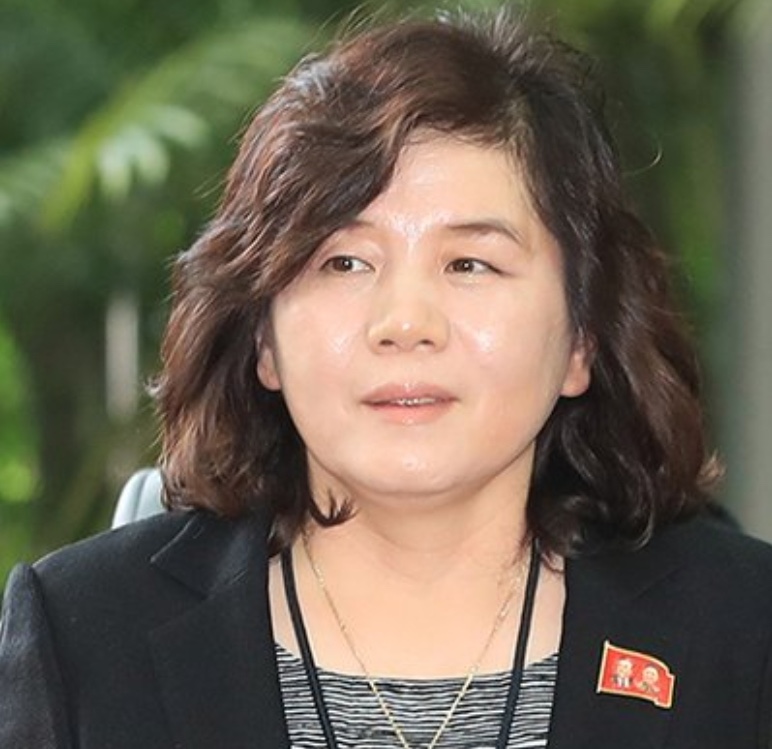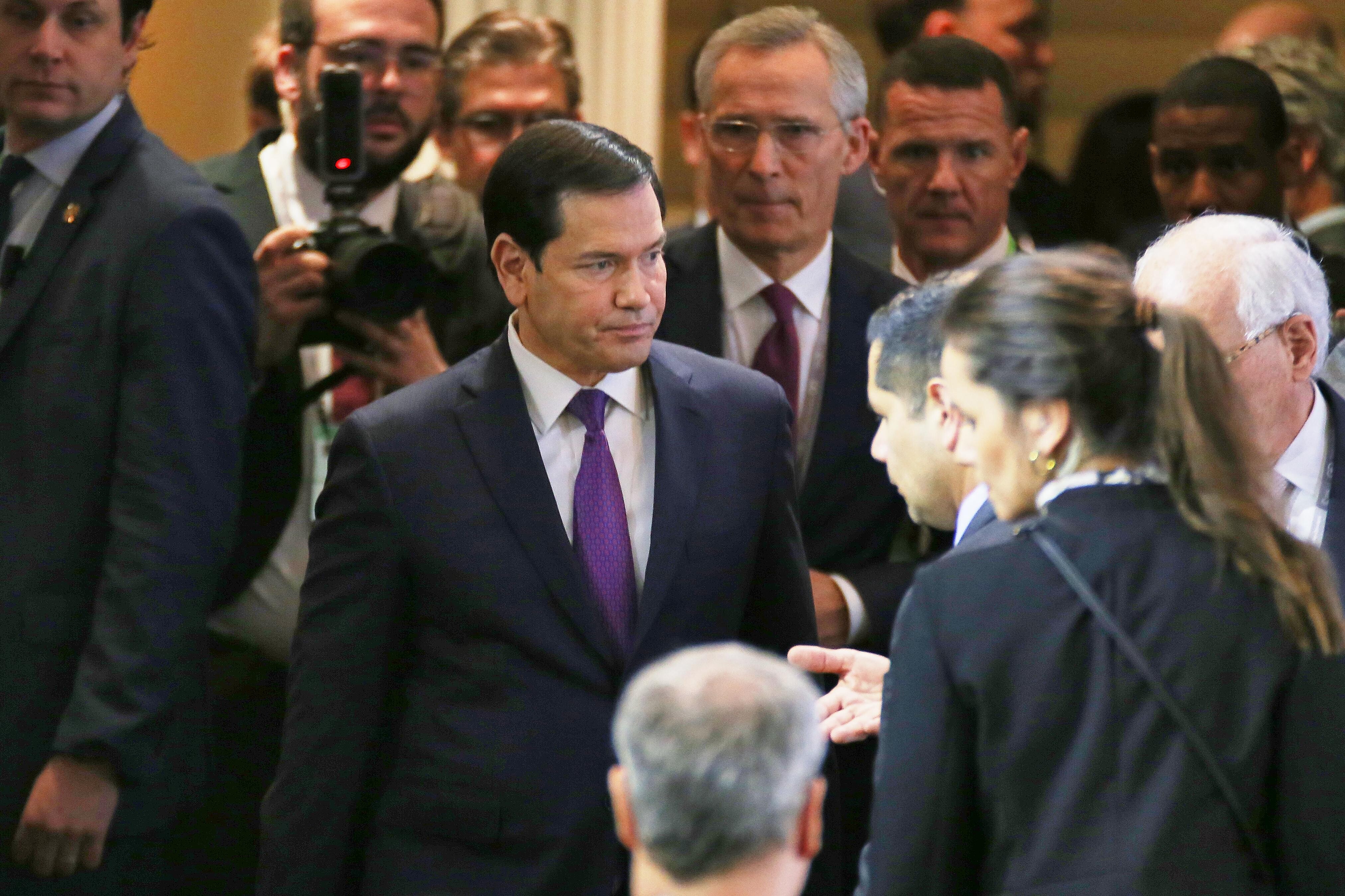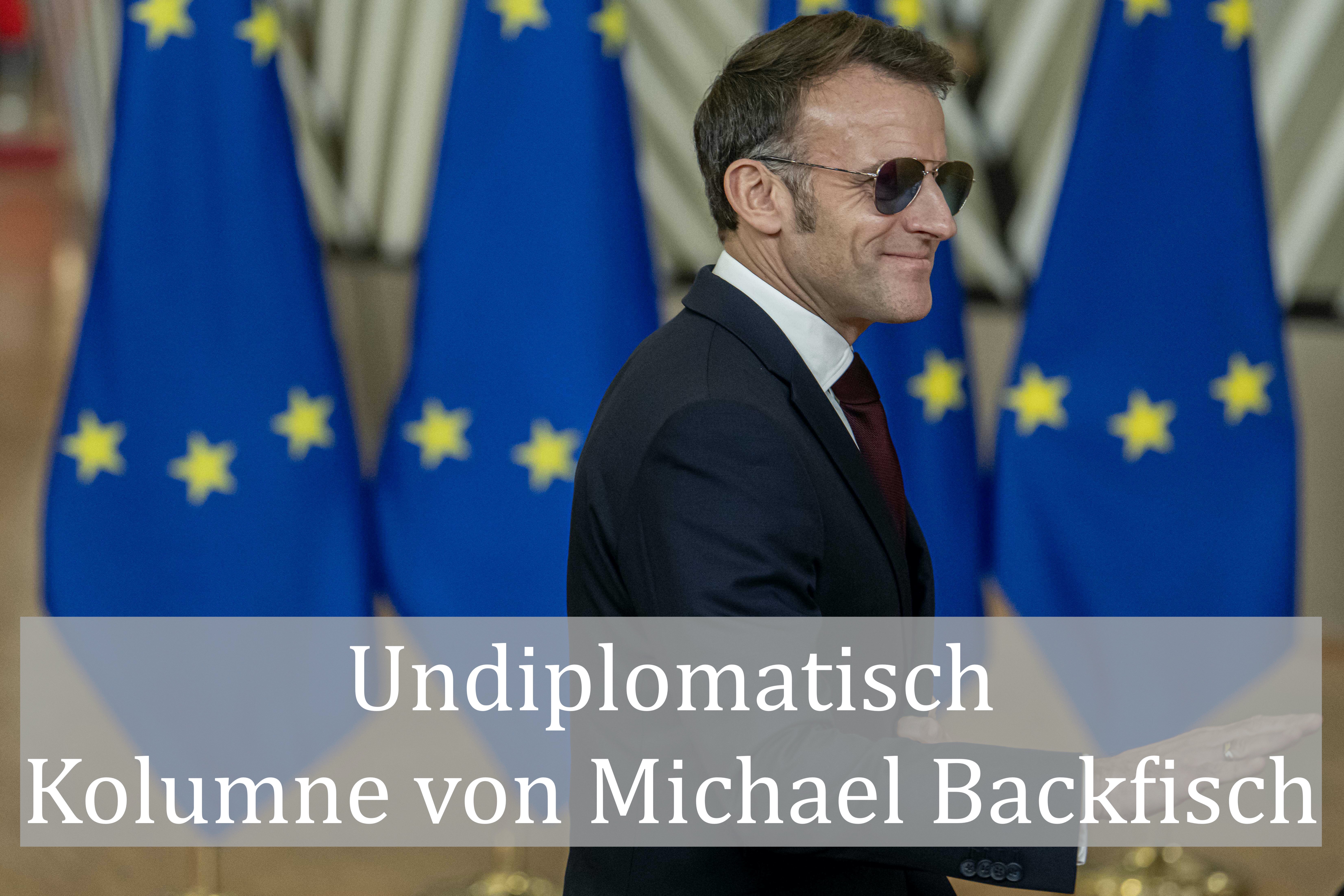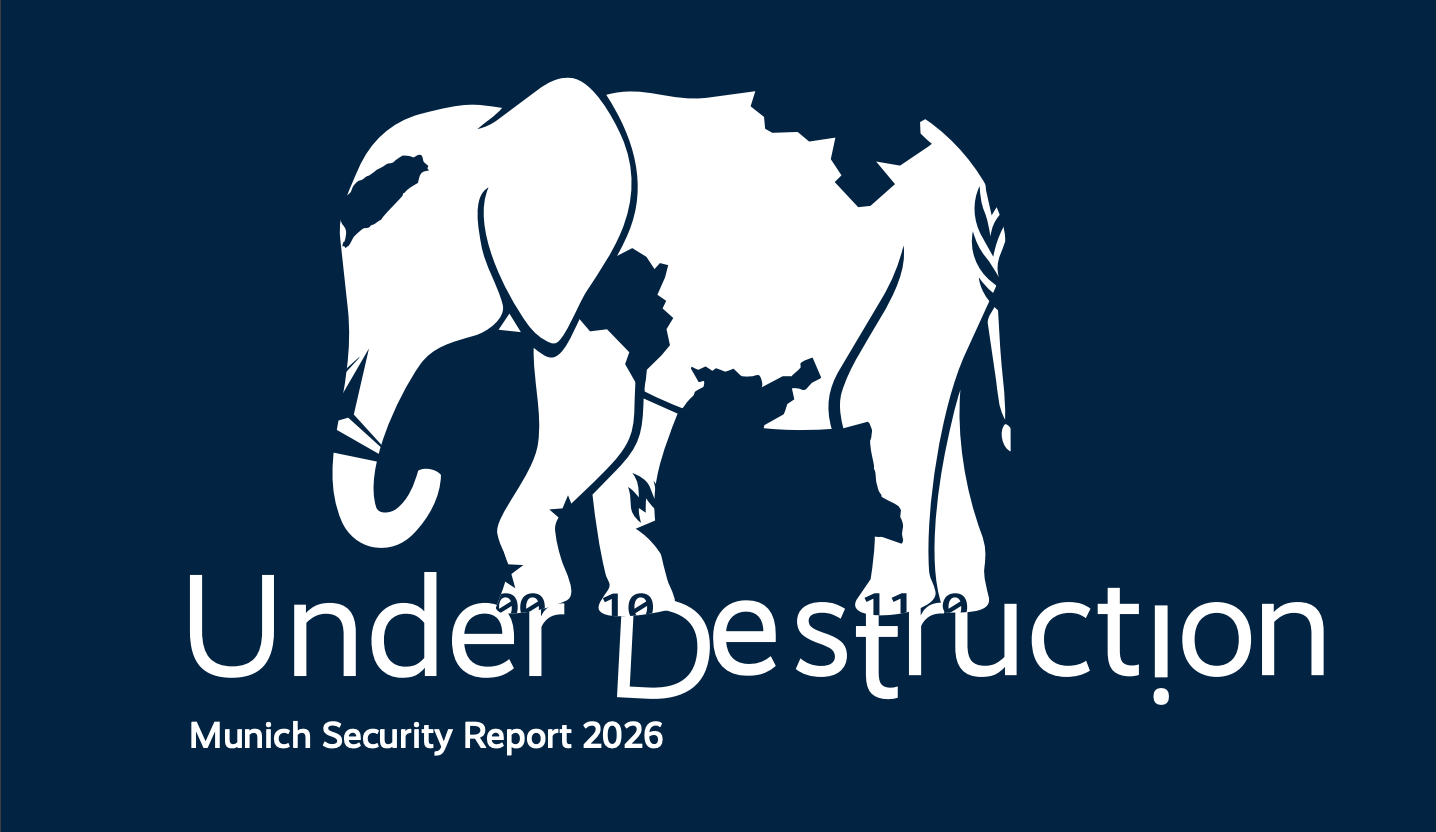diplo.news
When Kim Jong-un called the Ministry of Foreign Affairs and no one answered
By Ewald König

There were numerous attempts to explain the failure of the summit between US President Donald Trump and North Korean leader Kim Jong-un six years ago. Now an insider is revealing what went wrong on the North Korean side, providing deep insights into the isolated country on the Korean Peninsula.
It was a historic and promising window of time: North Korea's ruler Kim Jong-un and his arch enemy, US President Donald Trump, met for the second time at the end of February 2019. It should be about lifting UN sanctions and denuclearization. The historic meeting took place in the Vietnamese capital Hanoi — until Trump cancelled the planned closing dinner and joint statement and left spontaneously.
The analyses stated that North Korea had called for the complete reduction of sanctions, which the USA did not want to accept, and that the US had called for the complete abandonment of the nuclear program, which in turn North Korea did not want to accept. The USA only wanted to grant North Korea relief when it could show progress in disarmament. North Korea, on the other hand, wanted concrete relief right from the start.
Broke due to poor preparation
The fact that the Hanoi summit collapsed due to poor preparation was initially attributed more to the American side. Now, a former North Korean diplomat described in a South Korean media what the actual reason for the failure was.
As a result, a number of things have actually gone wrong in Pyongyang. There were dramatic power struggles between the North Korean Ministry of Foreign Affairs, the International Department in the party and the so-called United Front Committee. This front committee is a division of the Central Committee of the ruling party of North Korea. He plays a central role in North Korea's foreign policy and inter-Korean strategy, particularly vis-à-vis South Korea, and is responsible for official and unofficial contacts with South Korea, but also for propaganda and espionage.
Choe Son-hui as a key figure

The key figure is Choe Son-hui (61), North Korea's first foreign minister, an experienced diplomat. She only gained Kim Jong-un's favor via detour. When preparing for the Hanoi summit, the former US representative at the North Korean Ministry of Foreign Affairs was arrested and executed on suspicion of espionage. As a result, he was unable to attend a state banquet. This is how Choe Son-hui, head of the USA department, was deployed. And when Foreign Minister Ri Yong-ho was removed due to allegations of corruption and other scandals, she was appointed as successor.
However, the preparations for the Hanoi Summit took place without the Ministry — due to several incidents that had caused Kim Jong-un's anger. At the Ministry of Foreign Affairs, where a high-ranking official for Kim always had to be immediately available by telephone, no one answered two calls from the head of state. Angrily, Kim removed responsibility for preparing for the summit from the Ministry and handed over the leadership to the Party's International Secretary. The ministry remained excluded, which disempowered elite personnel.
Extremely loyal but incompetent
Due to a lack of experience, the International Secretary soon sought the support of the United Front Committee. Both institutions were extremely loyal but were incompetent. They were responsible for the failure of the summit. A wave of purges was the result. Since then, Kim Jong-un has once again appreciated the Ministry of Foreign Affairs.
The author of these insider reports, Han Jin-myung, had worked in several departments at the North Korean Ministry of Foreign Affairs and was embassy secretary at his country's mission in Vietnam. From there, he fled to South Korea “via diplomatic channels.” He predicts that North Korea will seek another summit with Trump and could be ready to make concessions. However, this requires a clear “superior negotiating position,” namely the possession of nuclear weapons. Foreign Minister Choe Son-hui is therefore of central importance.
North Korea ready to meet with USA again
With another nuclear test, North Korea will want to clearly prove its nuclear weapons presence to the international community and thus indirectly show interest in a North Korea-USA summit. North Korea will put a variety of fundamental issues on the negotiating table in order to transform the US demand for “nuclear abandonment” into negotiations on “nuclear parapet,” the author speculates.
The Ministry of Foreign Affairs of North Korea does indeed have a department for disarmament, which Kim will refer to when he calls on the USA to negotiate disarmament. But the author warns of a misunderstanding. The tasks of this disarmament department are not the same as what South Korea and the USA understand by “disarmament.”




